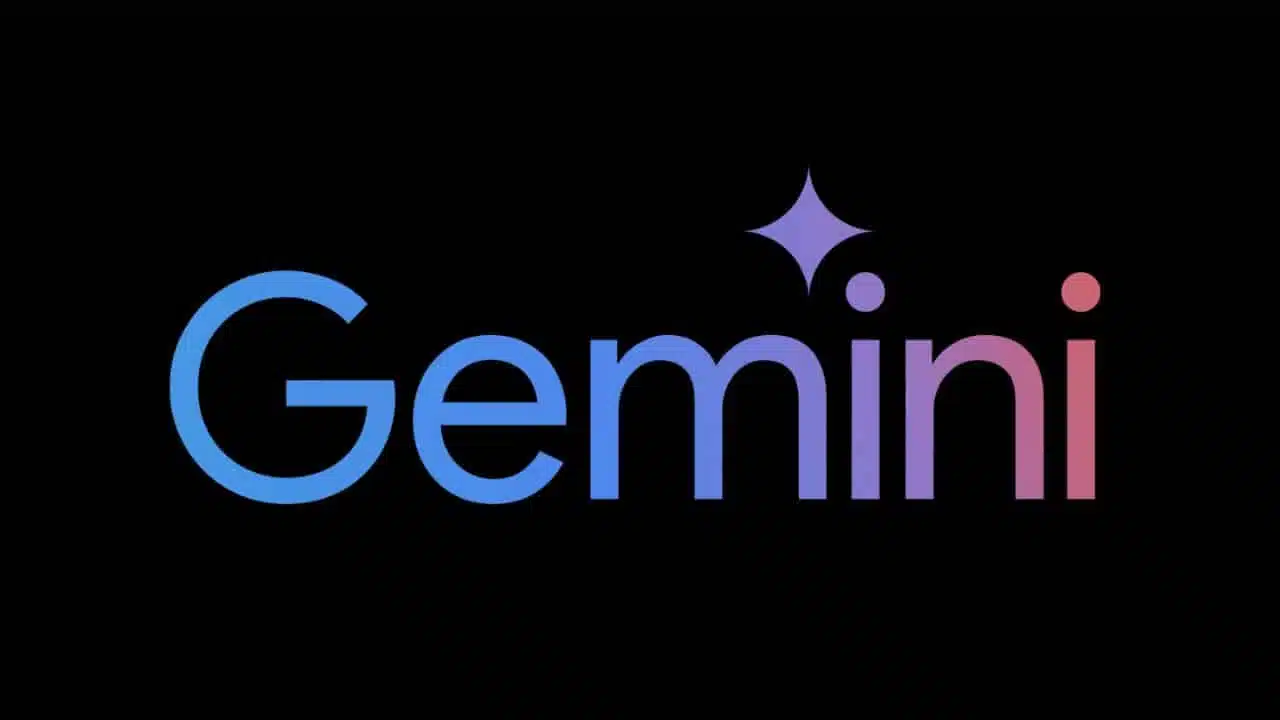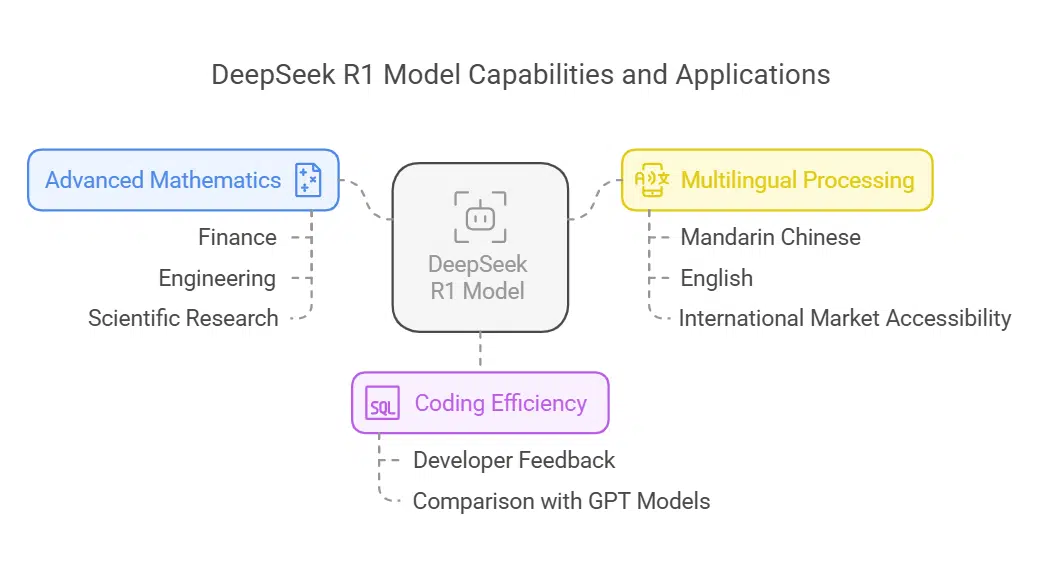Google has officially launched its much-anticipated flagship AI model, Gemini 2.0 Pro Experimental, along with expanding its Gemini 2.0 Flash Thinking model to a broader audience. The announcement, made on Wednesday, comes at a time when competition in the AI industry is intensifying, particularly with the rise of cost-effective AI reasoning models from Chinese AI startup DeepSeek.
As artificial intelligence continues to evolve, leading tech giants like Google, Microsoft, and OpenAI are pushing boundaries to enhance AI capabilities. Google’s latest releases aim to establish its dominance in the AI landscape by improving efficiency, affordability, and accessibility for businesses and developers worldwide.
Google’s New AI Offerings: A Deeper Look
Gemini 2.0 Pro Experimental: Google’s Most Advanced AI Model Yet
Google’s new Gemini 2.0 Pro Experimental model is being positioned as the most powerful AI model in the Gemini lineup. It is designed to significantly improve upon the capabilities of previous models, excelling in:
- Advanced reasoning and comprehension: Gemini 2.0 Pro offers a deeper understanding of complex topics, making it ideal for research, education, and business applications.
- Superior coding abilities: The model is highly optimized for software development, debugging, and code generation, making it a strong competitor to OpenAI’s Codex and DeepSeek’s AI models.
- Enhanced knowledge retrieval: With direct integration to Google Search, the model can fetch and process real-time information more efficiently than its predecessors.
- Massive context window: One of the standout features of Gemini 2.0 Pro is its 2 million-token context window, meaning it can process approximately 1.5 million words in a single request. To put this into perspective, this is enough to analyze all seven Harry Potter books at once and still have 400,000 words left over. This feature is particularly beneficial for industries that require deep document analysis, such as law, academia, and finance.
- Execution of tasks on behalf of users Unlike traditional AI models, Gemini 2.0 Pro has the ability to run code, interact with external tools, and automate workflows seamlessly.
Availability of Gemini 2.0 Pro
The experimental version of Gemini 2.0 Pro is being rolled out in Google AI Studio and Vertex AI, making it accessible to developers and AI researchers. Additionally, the model is available to subscribers of Gemini Advanced, a premium tier within the Gemini app that offers access to Google’s latest AI innovations.
Gemini 2.0 Flash Thinking: Smarter and More Accessible AI Reasoning
Alongside Gemini 2.0 Pro, Google is also expanding access to its Gemini 2.0 Flash Thinking model, which is now generally available.
Originally announced in December 2024, Gemini 2.0 Flash Thinking is designed for AI reasoning, problem-solving, and logical deductions. Google is positioning it as a more efficient, lightweight alternative to its larger AI models while still delivering powerful performance.
Gemini 2.0 Flash-Lite: Google’s Cost-Efficient AI Model
In response to rising competition and the increasing demand for affordable AI solutions, Google has also unveiled Gemini 2.0 Flash-Lite.
This new model is aimed at businesses and developers who need high-quality AI capabilities at a lower cost. Google claims that Gemini 2.0 Flash-Lite outperforms its predecessor, Gemini 1.5 Flash, while maintaining the same price and processing speed.
With tech startups and enterprises looking for cost-effective AI solutions, Flash-Lite could become an attractive option for businesses that want to integrate AI without investing in expensive cloud computing resources.
DeepSeek’s Growing Influence in the AI Industry
While Google is making significant strides with Gemini 2.0, competition from the Chinese AI startup DeepSeek has intensified.
Founded in Hangzhou, China, DeepSeek has gained traction by offering affordable AI models that rival, and in some cases surpass, the performance of models from Google, OpenAI, and Microsoft.
DeepSeek’s R1 Model: A Game-Changer in AI Reasoning
DeepSeek’s flagship AI model, DeepSeek R1, was launched in December 2024 and quickly captured attention for its high performance in complex reasoning tasks. The model excels in:
- Advanced mathematics: DeepSeek R1 has demonstrated strong problem-solving abilities in complex math equations, making it useful in finance, engineering, and scientific research.
- Coding efficiency: Developers have found DeepSeek R1’s code-generation capabilities to be on par with, or even superior to, OpenAI’s GPT models.
- Multilingual processing Unlike many Western-developed AI models, DeepSeek R1 is optimized for multiple languages, including Mandarin Chinese and English, making it more accessible in international markets.
Why DeepSeek is a Threat to Google and OpenAI
One of the key reasons DeepSeek has gained popularity is its competitive pricing. Unlike Google’s AI models, which are largely tied to cloud services like Google Cloud and Vertex AI, DeepSeek’s models are available via API at a much lower cost.
As a result, major corporations and tech startups are increasingly integrating DeepSeek’s AI models into their business operations, cloud computing platforms, and automation tools.
According to a Reuters report, DeepSeek’s AI models have already been integrated into major platforms, including Microsoft Azure and Amazon Web Services (AWS), due to high customer demand.
Google’s Strategy to Stay Ahead
Given the increasing competition from DeepSeek, Google’s latest AI developments can be seen as a strategic response to regain dominance in the AI market.
By introducing Gemini 2.0 Flash Thinking and Flash-Lite, Google aims to expand access to AI tools while making them more cost-effective.
Additionally, the massive context window in Gemini 2.0 Pro provides an edge over DeepSeek and OpenAI, making it ideal for businesses dealing with large-scale data processing, AI-assisted research, and knowledge management.
What This Means for AI Development in 2025
With both Google and DeepSeek competing for AI supremacy, we are witnessing an accelerated evolution of AI capabilities. Key trends to watch include:
- Affordability vs. Performance: Will businesses choose cost-effective solutions like DeepSeek, or will they stick with premium models like Gemini 2.0 Pro?
- AI Integration in Industries: Sectors like healthcare, finance, and education will likely adopt AI-driven tools more rapidly in 2025.
- Regulatory Challenges: With AI models becoming more powerful, governments worldwide may introduce stricter regulations on AI development and data privacy.
A New Era for AI
Google’s latest AI releases mark a significant milestone in the AI industry, reinforcing the company’s commitment to building smarter, faster, and more cost-efficient AI models.
However, with DeepSeek emerging as a formidable competitor, the AI landscape is set for an intense battle for market dominance in 2025.
Whether Google’s Gemini 2.0 lineup will maintain its edge over DeepSeek’s low-cost alternatives remains to be seen. One thing is certain—the AI race is far from over.






































